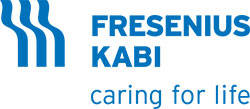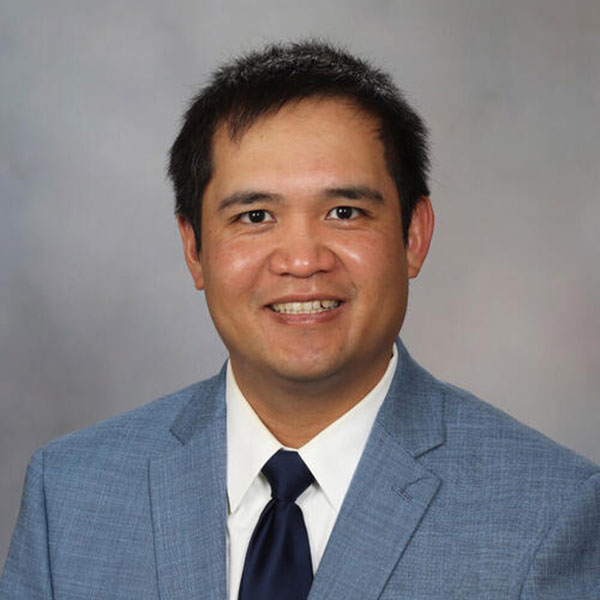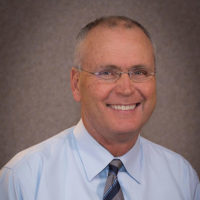
APSF Stoelting Conference 2024
September 4 - September 5
Event Navigation
“Transforming Anesthetic Care: A Deep Dive into Medication Errors and Opioid Safety”
Click the names or photos below for more information.
Planning Committee:
September 4-5, 2024
Markell Conference Center
Somerville, MA
*This will be offered as a hybrid conference*
For registration and conference inquiries, please contact Stacey Maxwell, APSF Administrator ([email protected]).
Hotel reservation block to be opened at a later date.
Thank you for supporting the 2024 Stoelting Conference:



For information on how to support this conference, please contact Sara Moser, APSF Director of Development ([email protected]).










